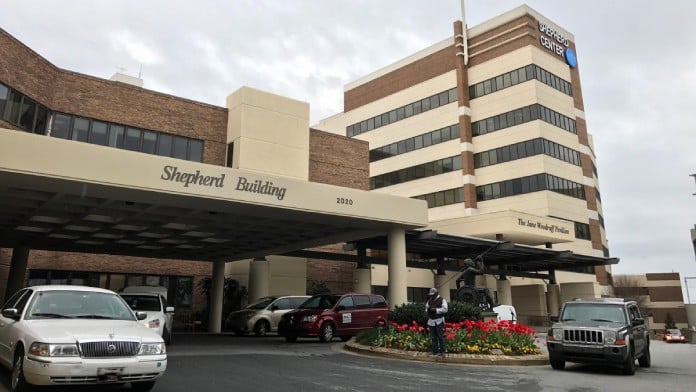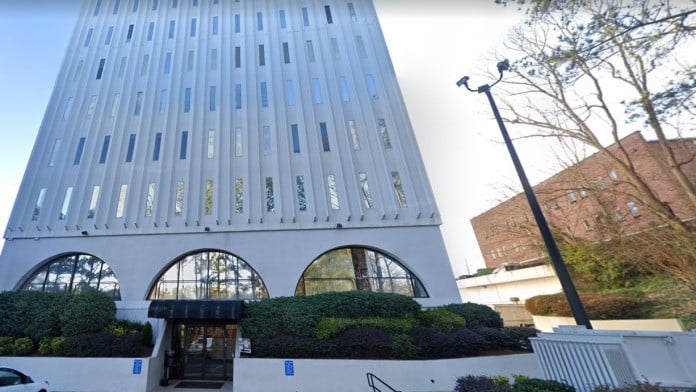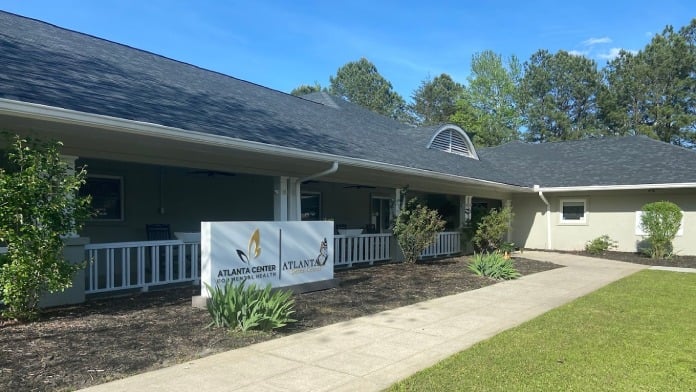About Alpha Recovery Center
Alpha Recovery Center provided recovery treatment in Atlanta, Georgia, where they worked with residents of the Greater Atlanta area, providing long-term addiction treatment services. They are now closed. They also worked with other community agencies, including criminal justice agencies
Addiction Is a Chronic Disease Requiring Holistic Care
They were founded on the belief that addiction treatment should be holistic to be effective and that chemical dependency or substance abuse was a primary illness that required physical, psychological, and social interventions. They believed that addiction was chronic in nature and the best outcome was remission and not a cure.
They hoped to provide effective, residential and outpatient treatment while maintaining a collaborative interaction with other treatment professionals and the criminal justice system. They provided a structured living environment when you were new to recovery, which included nightly curfews, random urine screenings, and required 12-step meetings.
Weekly group meetings and individual counseling were also included in your recovery program. Additionally, they believed that engaging in productive employment helps support your recovery. All people were required unless they had a mental or physical disability that prevented this.
Worked Closely with the Criminal Justice System
Everyone stayed at least three months, but many stayed longer. Following discharge, you engaged in a 6-month aftercare program to help support your sobriety and sustainable recovery. They worked closely with agencies in the criminal justice system to provide education and treatment to reduce recidivism.
They also worked with individuals who were convicted of drug-related offenses to provide an alternative sentencing structure. The program was built on the application of spiritual principles as a foundation for your successful recovery.
Many of the staff were professional treatment providers or recovering addicts who could help teach the 12-step program and how it could be practically applied to daily living. Program completion was based on finishing treatment objectives in your individual treatment plan. Personal screening interviews were done with all prospective clients to determine the appropriateness for admission.
Addiction Treatments
Treatments
The goal of treatment for alcoholism is abstinence. Those with poor social support, poor motivation, or psychiatric disorders tend to relapse within a few years of treatment. For these people, success is measured by longer periods of abstinence, reduced use of alcohol, better health, and improved social functioning. Recovery and Maintenance are usually based on 12 step programs and AA meetings.
A quality drug rehab in Georgia can help you overcome addiction. This environment is designed to help you address the complex issues contributing to drug dependence. The goal of treatment is to give you the tools you need to make a full recovery.
A combined mental health and substance abuse rehab has the staff and resources available to handle individuals with both mental health and substance abuse issues. It can be challenging to determine where a specific symptom stems from (a mental health issue or an issue related to substance abuse), so mental health and substance abuse professionals are helpful in detangling symptoms and keeping treatment on track.
Opioid rehabs specialize in supporting those recovering from opioid addiction. They treat those suffering from addiction to illegal opioids like heroin, as well as prescription drugs like oxycodone. These centers typically combine both physical as well as mental and emotional support to help stop addiction. Physical support often includes medical detox and subsequent medical support (including medication), and mental support includes in-depth therapy to address the underlying causes of addiction.
Programs

Adult Program

Young Adult Program
Clinical Services
Research clearly demonstrates that recovery is far more successful and sustainable when loved ones like family members participate in rehab and substance abuse treatment. Genetic factors may be at play when it comes to drug and alcohol addiction, as well as mental health issues. Family dynamics often play a critical role in addiction triggers, and if properly educated, family members can be a strong source of support when it comes to rehabilitation.
Group therapy is any therapeutic work that happens in a group (not one-on-one). There are a number of different group therapy modalities, including support groups, experiential therapy, psycho-education, and more. Group therapy involves treatment as well as processing interaction between group members.
In individual therapy, a patient meets one-on-one with a trained psychologist or counselor. Therapy is a pivotal part of effective substance abuse treatment, as it often covers root causes of addiction, including challenges faced by the patient in their social, family, and work/school life.




